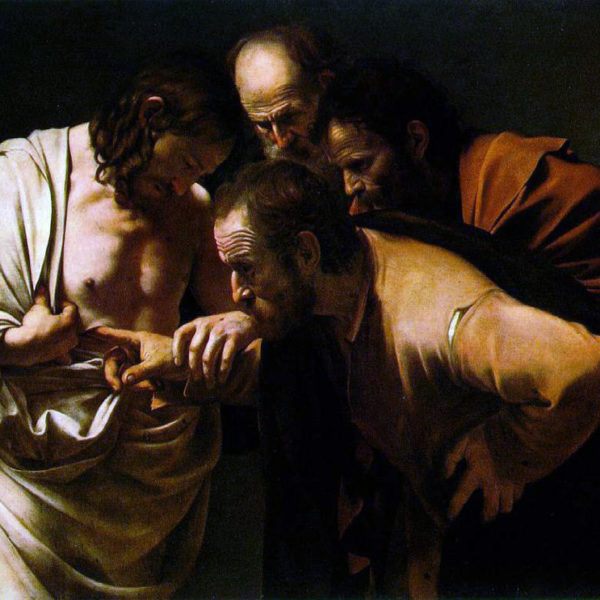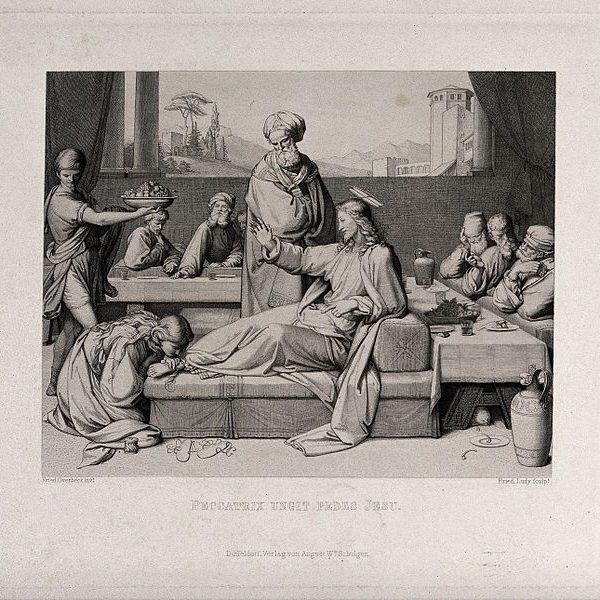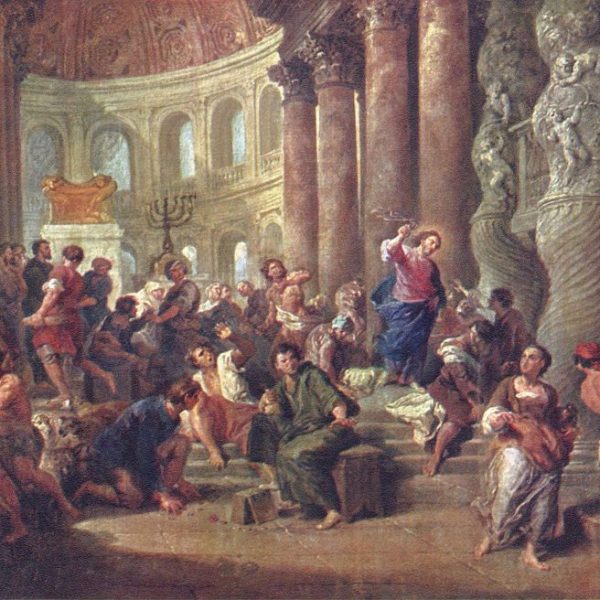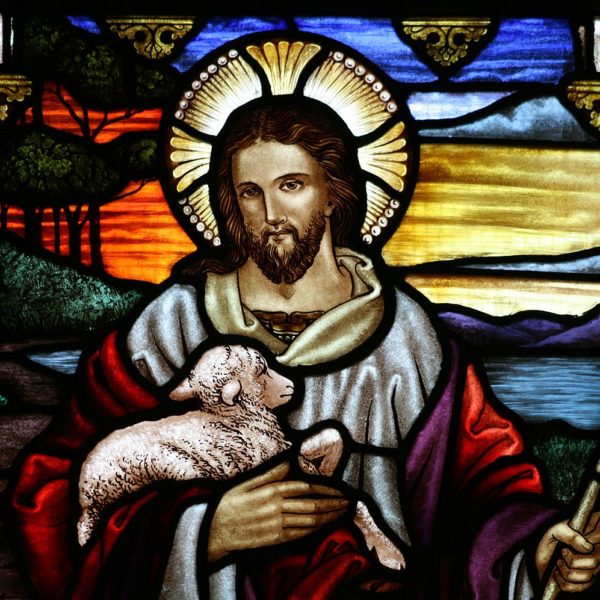
Subaltern hermeneutics offers two insights in this text, a “de-anthropomorphic” reading and “de-transcendental divine” reading. These readings offer hope to the subaltern communities in their journey of faith today and challenge all readers to seek partnerships with the creation, for Jesus is the crop….

For those who are most vulnerable today—those at risk of infection due to socio-economic injustices that put them in greater harm’s way and/or age and immune-deficiencies that leave their bodies more compromised to the most severe effects of the COVID-19 virus, particularly in the United States, the disproportionate numbers of people of color whose communities are being ravaged by this disease—John’s text speaks a word of encouragement and hope.

The trouble in American Evangelicalism and in Christianity more broadly, is that standing face-to-face with our Messiah, we find ourselves at a loss of how to serve. What does it mean to be a follower of Jesus? What, beyond the instinctive sense that we are to follow Christ, does it mean to follow? What are we looking for?

In our own world, the Bethesda story reminds us of the fact that social and economic systems meant to assist the needy often keep them in poverty. Our story suggests that the 40 million Americans who live in poverty will need to doubt and challenge the system, and to look for help outside of it. Further, our sermons will need to speak life into death as a reminder that there is life beyond the system.
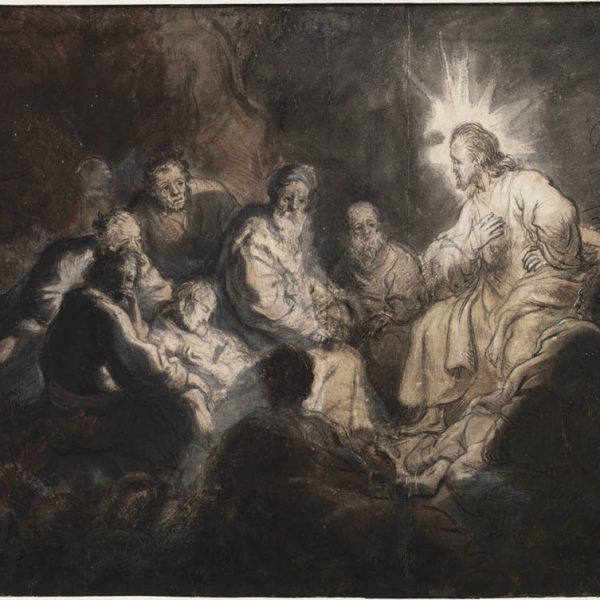
In the first beginning, the Word gave form to that which was formless; in this new beginning, the same Word speaks a word and brings peace to men who are afraid.
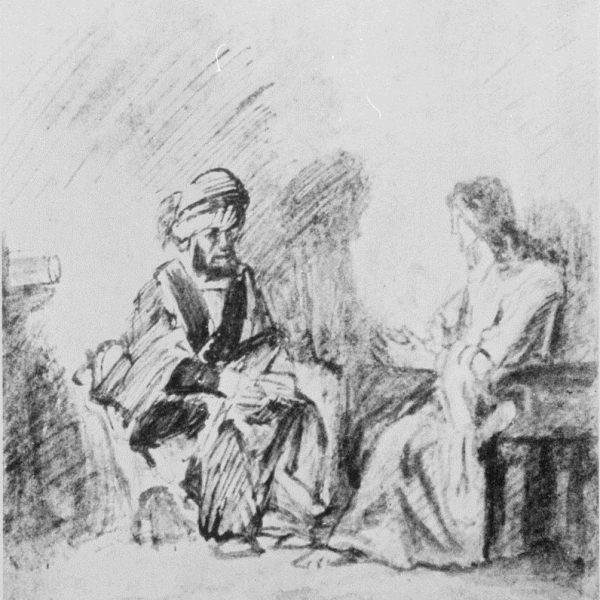
To understand the meaning of John 3:16, we must reject the popular image of a docetic Jesus.
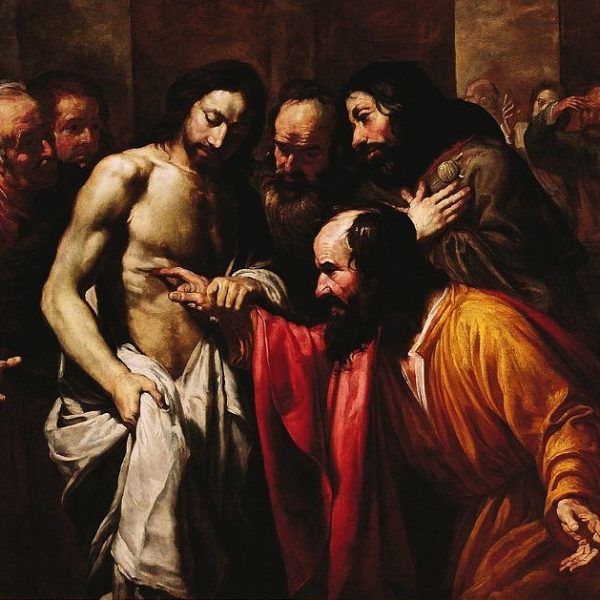
Real faith knows and embraces doubt and questioning. Rather than locking ourselves in, as the disciples first did, we should learn from the curiosity of Thomas. The opposite of faith is not doubt but fear, and it is time to shed our fears.
